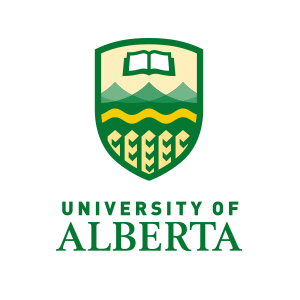It's a challenge that we who serve alumni tend to take for granted: We have to serve them all.
But that mandate, when you think about it, is a bit absurd. How can we, however large our team, possibly serve every one of our thousands, tens of thousands, or even hundreds of thousands of alumni? What can we possibly offer that will appeal to everyone?
After experimenting with a variety of programs and trying to serve all their alumni, Erin Erwin, Senior Associate Director of Career & Professional Development at the IUAA, and Emili Sperling Bennett, Associate Director of Career & Professional Development, decided instead to focus on a smaller piece of the pie: older alumni who need mid-to-late career advice.






